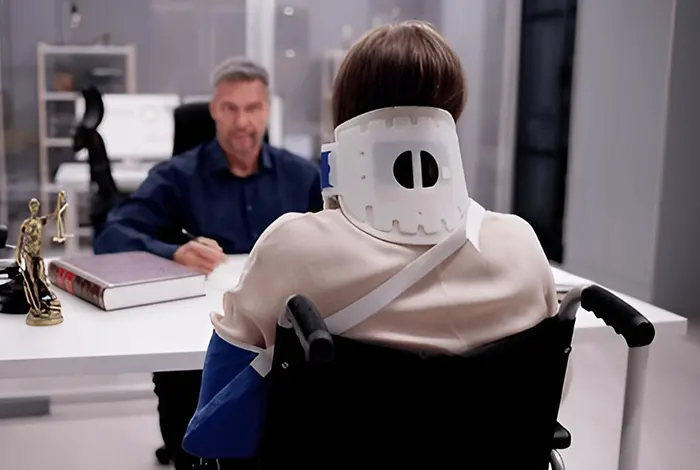Do I Have a Medical Malpractice Case? Understanding the Basics

Not every bad medical outcome is malpractice, but when a provider fails to meet the standard of care and a patient is harmed as a result, legal action may be warranted. Here's what to know:
To establish a medical malpractice case, typically you must prove:
-
A Doctor-Patient Relationship Existed
The provider acted in a way that a competent peer would not.
-
Negligence Occurred
The provider acted in a way that a competent peer would not.
-
That Negligence Caused Harm
Your injury must be directly linked to the provider’s actions.
-
It’s Within The Statute of Limitations
The statute of limitations sets a time limit for filing a legal action. This time limit varies by jurisdiction, and once it expires, the claim can no longer be pursued.
Examples might include:
-
Misdiagnosis or delayed diagnosis
-
Surgical errors
-
Medication mistakes
-
Birth injuries
These cases are complex and often require expert review. If you suspect malpractice, it’s a good idea to speak with an attorney who can assess your situation and help determine the best next step.
Call us at Silverback Legal LLP for your free consultation: 866.733.6225.








